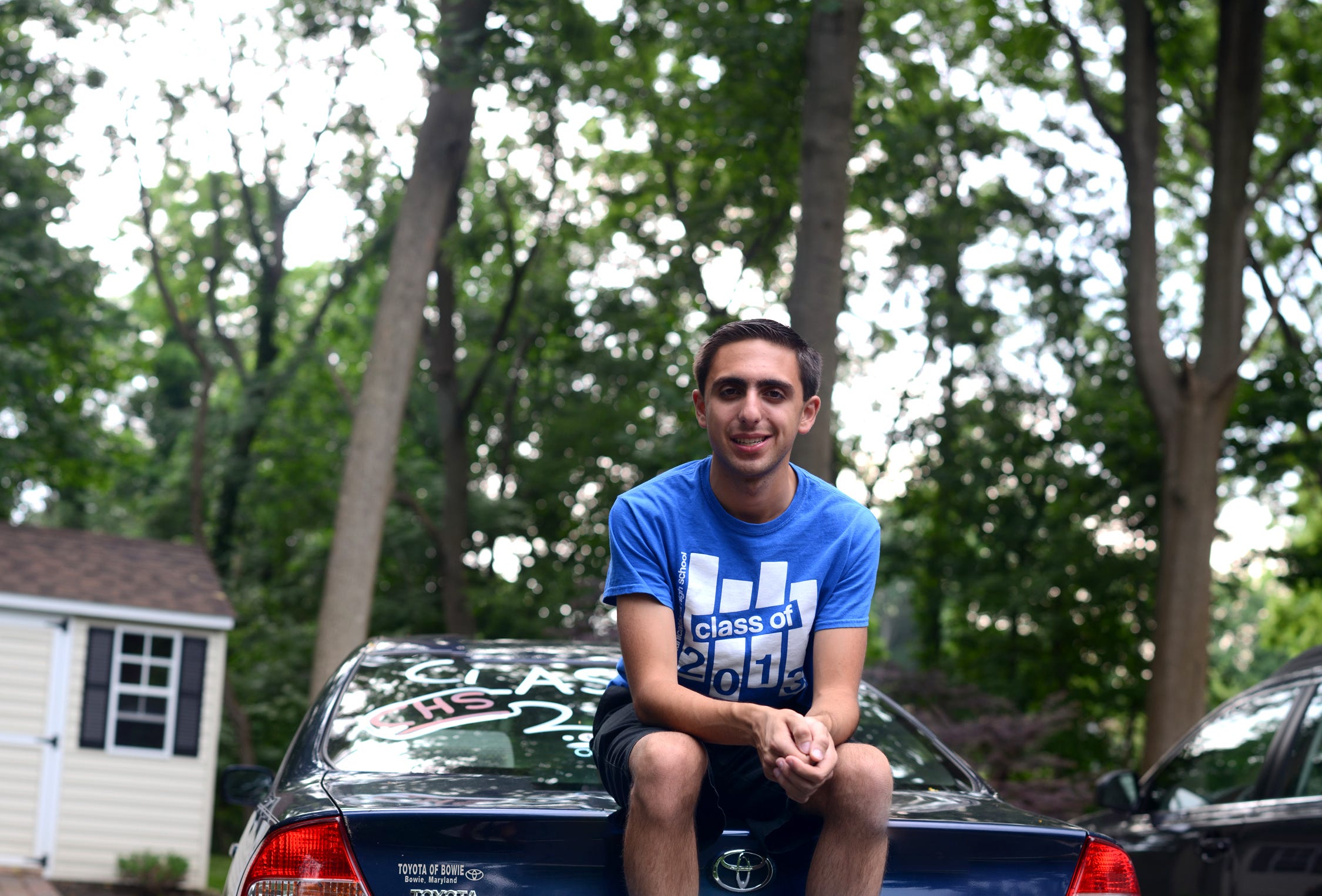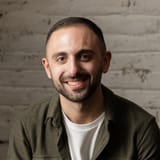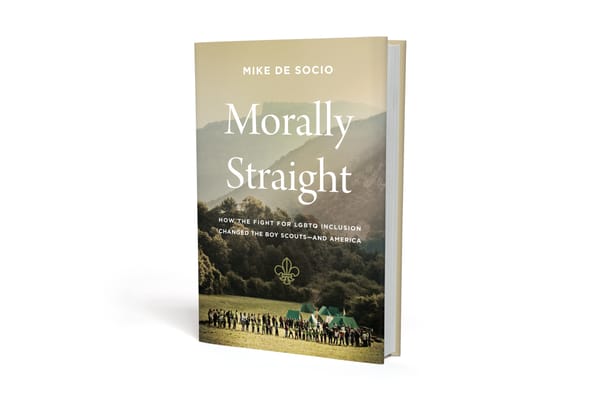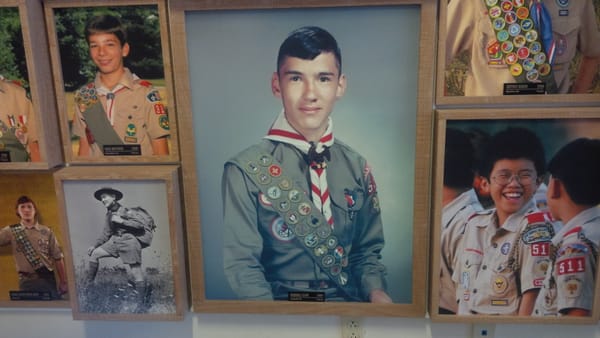The baby and the bathwater, part two
Exploring the echoes between Christopher McCracken's story and my own.
Last week, I shared the story of Christopher McCracken, a bisexual Scouter who was generous enough to reveal so much of his life to us. It was one of my longer posts, and for those of you who stuck it out to read the whole thing, I hope it resonated with you. It certainly did with me.
So this week, I’m sharing somewhat of a “part two” to that post, reflecting on similar themes in my own life. I believe it’s powerful to see the parallels in our experiences, so stick with me as we explore that this week. And feel free to jump into the conversation: How do you relate? Throw your thoughts in the comments, and let’s talk about it.
I struggle to recall any moments from the first 18 years of my life when I ever seriously questioned my sexuality. In middle school, I was the first among my friends to start asking girls out on dates. I was mostly unsuccessful, but I was pursuing these romantic interests, it seemed, out of pure interest. Not peer pressure.
Around the same time, my brother came out to our family as gay, and this devastated me. I was a straight teenage boy steeped in homophobia; my brother’s sexuality was inconceivable. If anything, his coming out only made me double down on my own straight identity until, years later, I came to accept of him.
By high school, I was dating more seriously and almost always had a girlfriend. Again, these relationships all felt totally right to me. Not forced or contrived. Simply something I wanted and enjoyed.

One of those relationships carried through to my freshman year of college, at which point I ended it — mostly because it was getting more serious than I wanted. But this unexpectedly gave me mental space to reassess my sexuality for really the first time ever. I started to notice my attraction to other guys at the gym or around campus, and it threw off a lot of what I thought I knew about myself.
I was hesitant at first to label my newfound attractions, for fear of what it would mean. But also because I felt disoriented. Did I always have attractions to men, and was I just suppressing them all this time? And I also felt like my attractions to women were genuine, so where did that leave me?
This is where I feel like my story echoes, in some ways, McCracken’s experience. The environment I grew up in, even after my brother came out, was largely bereft of LGBTQ+ people. I spent much of my after-school hours in Scouting, and there certainly were not any queer role models there, either. I was passionate about the fight for gay inclusion in the Scouts during those years, but also felt like it wasn’t my personal battle. So maybe I never questioned my sexuality because there really was never a reason to.
But, looking back, there was also another side of my life. Similar to McCracken, I always felt an “otherness” growing up that I couldn’t name. It manifested in stereotypical ways: I wasn’t good at sports, but I was in the marching band. I attended an arts-focused high school where I took electives like drawing, painting and photography. I was never into the first-person-shooter video games that most of my male friends played. I’m not saying this all adds up to queerness, but it did make me feel like somewhat of an outsider.
And so I’m left with some of the same questions McCracken was asking: Had I not been so involved in Scouting, would I have been more open to the possibility of my queerness, earlier? What was the harm done in those years, even when I may not have been aware of it?
I don’t think I’ll ever have the answers to those questions. It’s impossible to separate it all out like that. But as I’ve grown more comfortable in my queer identity, I’ve started to recognize flashes of queerness in my memories of Scouting. Awkward moments in camp shower rooms, or a general unease around some of the other boys, that now feel like maybe signs of my sexuality I was ignoring.
It’s also entirely possible that I’m relying too heavily on the quicksands of memory, looking for proof that I should have known all along.


